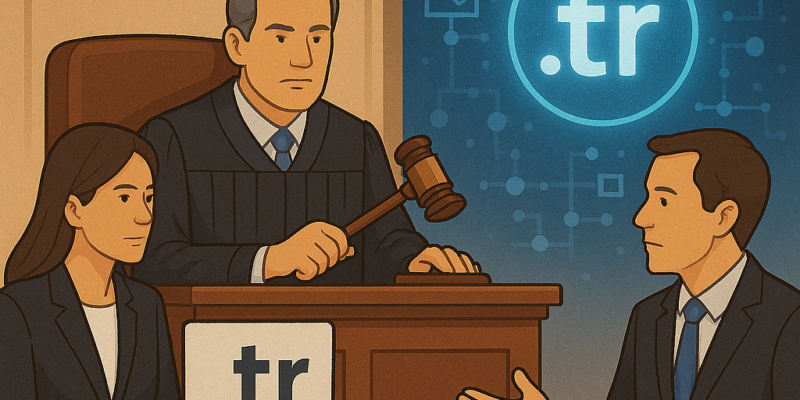Of Sea Lions and Seat Leons
Of Sea Lions and SEAT Leons: Swiss Court Weighs in on Automobile Trademarks How different do “animal trademarks” need to be to coexist in the Swiss market? A recent decision from the Swiss Federal Administrative Court offers a compelling answer, resolving a dispute between SEAT S.A. and the trademark “Sea Lion” (fig.), both registered for…

